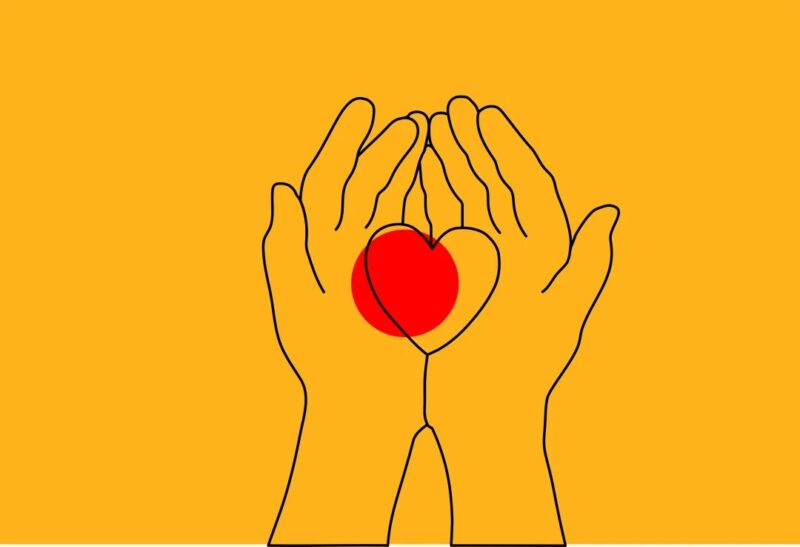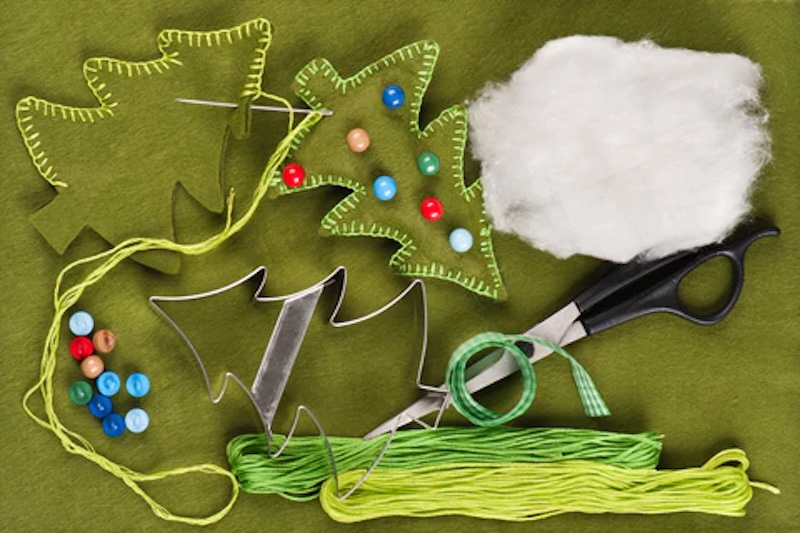Shrove Tuesday pancake supper has been a pre-Lenten tradition in my family for as long as I can remember. It’s one of those traditions that feels stitched into my childhood, so familiar, so steady, that I can almost smell it when I think about it.
Back then, Shrove Tuesday wasn’t something we explained much. We didn’t talk about it in big theological terms. We simply knew it was pancake night, and that it mattered.
I remember the routine clearly: we’d pick my dad up from work and head straight out for dinner. The church basement was nothing fancy, but it didn’t need to be. It was warm, busy, and full of families just like ours. We’d line up for pancakes and sausage, trays clattering, syrup bottles being passed from table to table, and the sound of laughter filling the room.
There was something comforting about the predictability of it all. The same meal. The same excitement. The same feeling of being together, right on the edge of Lent.
As a child, I loved the food, of course, but more than that, I loved the sense of belonging. Shrove Tuesday was one of those small yearly markers that made time feel meaningful. It reminded me that the seasons of the year weren’t just weather changes, they were something deeper. Something shared.
As the years passed, that pancake supper became one of my favorite family dinners out. Even as life changed, new jobs, new schedules, new responsibilities, Shrove Tuesday always seemed to show up like a gentle reminder: Pause. Gather. Celebrate. Prepare.
And now, I’m in a new season of life. The little ones in the line are no longer my siblings and me. Now they’re my grandchildren and we’re making our own pancake suppers here at home, together.
There is something incredibly moving about watching traditions stretch across generations. Things that once felt ordinary start to feel almost sacred. You realize that the magic was never just in the pancakes. It was in the gathering. It was in the ritual. It was in the way one simple night could hold so much love.
In many families, Shrove Tuesday celebrations also include King Cake, especially in places where Mardi Gras traditions are strong. The classic King Cake comes with a tiny plastic baby hidden inside, and whoever finds it is said to have good luck, or sometimes the responsibility of bringing the next cake.
This year, we decided to do something a little different. Instead of the tiny plastic baby, my grandchildren and I hid one of our favorite fèves in the cake.
A fève is a small token tucked inside a King Cake. Traditionally, fèves were little beans, fève is French for “bean.” Over time, they became tiny charms, figurines, or keepsakes. In some places, people collect them year after year. They can be whimsical, beautiful, meaningful, or simply fun.
But no matter what they look like, the idea is the same: a hidden surprise inside something sweet, waiting to be discovered.
My grandchildren were completely enchanted by the idea, the excitement of who gets the feve.
There’s something about a hidden treasure in a cake that makes children light up in the best way. They took their task very seriously, carefully choosing which fève to use. We talked about the tradition, how long it has existed, and how people in different places celebrate this season in different ways.
And then came the moment of anticipation, the slicing, the serving, and the watchful eyes as everyone took their first bites.
Would someone find it?
Who would it be?
There was laughter, dramatic chewing, and plenty of “Wait! I think I got it!” moments.
In the end, it wasn’t the token itself that mattered. It was the delight around the table. It was the shared excitement. It was the way a tiny hidden object could create a memory that will last far longer than the cake.
Shrove Tuesday is often described as the day before Ash Wednesday, the last day before Lent begins. Traditionally, it was a time to use up rich foods like butter, eggs, sugar, and milk before entering a season of fasting and simplicity. Pancakes were a practical way to do that.
But I think the deeper meaning goes beyond the ingredients.
Shrove Tuesday is a reminder that life has seasons.
It’s a chance to feast before we fast. To celebrate before we reflect. To gather before we enter a quieter time.
Kate Emery General is a retired chef/restaurant owner who was born and raised in Casper, Wyoming. Kate loves her grandchildren, knitting, and watercolor painting. Kate and her husband, Matt are longtime residents of Cambridge’s West End where they enjoy swimming and bicycling.










